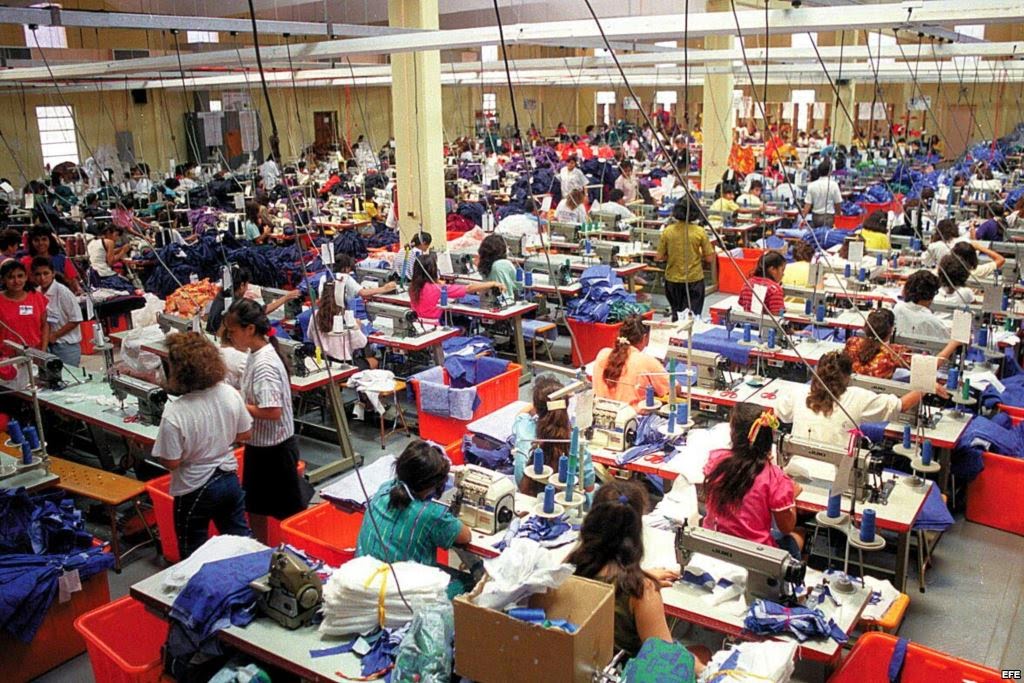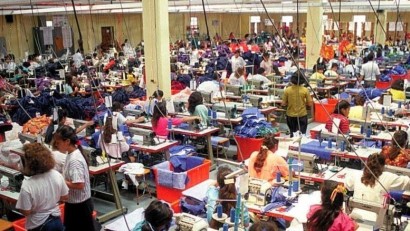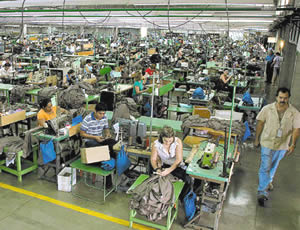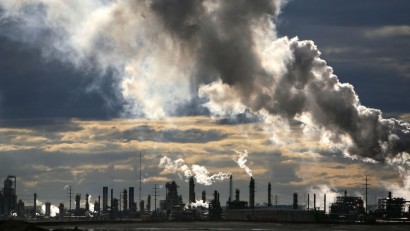
Maquiladoras and the cost of Power and Politics
Maquiladoras were expected to be much needed economic relief and a welcome to globalized industrialization; however, the reality of industrialization would be much different. The United States would be the most benefited from the North American treaty agreement (NAFTA). The NAFTA agreement open the doors to the expansion of maquilas into Mexico. In the journal The Transfer of Core-Based Hazardous Production processes to the Export Processing Zones of the Periphery: The Maquiladora Centers of Northern Mexico (See Abstract 12) author, Scott Frey describes NAFTA as the agreement that would provide free trade zone in North America, would eliminate tariffs on most products produced by Canada, US, and Mexico the three participating nations, and it would remove all cross-border investment barriers and goods interchanged between the three countries in future years. According to Frey, free trade has allowed for transnational corporations to take advantage of limited regulations or failures to implement regulations from the countries involved. This resulted in the transfer of much of their hazardous products, production and waste into Latin American, Africa, Asia, and the Caribbean in order to reach satisfactory “carrying capacity” in their own country. Frey focuses his examination on these same practices occurring in the Mexican side along the border of US and Mexico. This practices aren’t the only issues contributing to social and environmental decay; although we have to acknowledge that maquiladoras brought thousands of jobs into Mexico, lack of regulatory provisions have left maquila workers earning insufficient salaries and unable of supporting their families. As a consequence workers feel compelled to submit themselves to longer working hours in an attempt to boost their pay. Many of the maquilas refuse to pay overtime, and workers fear job loss if demand it. Unfortunately, the government implemented changes and new clauses that gives maquiladoras free range of privileges and no accountability. The politics that leave workers unprotected from opportunistic industries have also been the core of the environmental decay. The more power a maquiladora industry has the less restrictive their regulations appear, the higher the levels of pollution and contamination is release into the land. Author S. Ravi Rajan in his article Bhopal (Abstract 10) argues that environmental degradation is influenced by corporate wealth and their ability to buy their way into illegal practices without any concern for the environment or human life. An argument proven valid were Mexico’s maquiladoras are concern. Environmental justice has become a commodity only available to those with the means to purchase it. The author, Melissa Checker, notes in her article But I Know is True (Abstract 19) how environmental science does not always translate into environmental justice, especially when minorities and high poverty levels are high.


